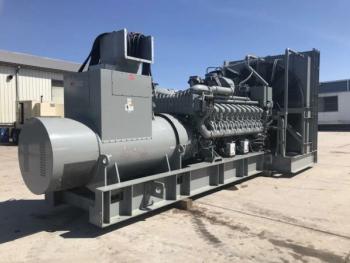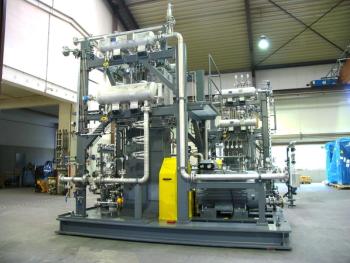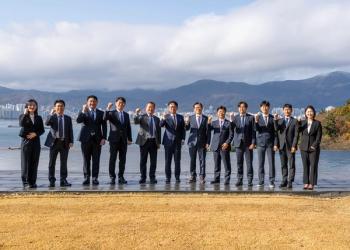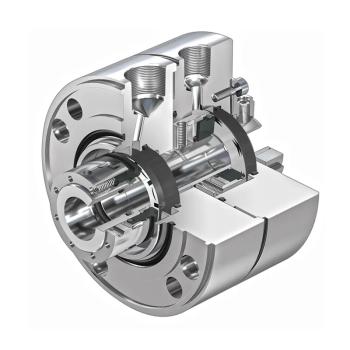
TurboTime Podcast: Part 1: What is a Digital Twin?
In part one of this two-part episode, Myth Busters Klaus Brun and Rainer Kurz provide a background on digital twin technology and how it impacts the turbomachinery industry.
In part one of the TurboTime podcast on digital twins, Klaus Brun and Rainer Kurz offer a simplistic description to provide a background on the technology. “At its very basic form, it’s a numerical representation of what a piece of equipment does," Brun said. "Of course, with the availability of far more data from our equipment and the availability of things like more computing power and potentially some forms of artificial intelligence, you can make these things really powerful. Ultimately, you build a model on how you think the equipment performs and then use data to determine if it really does what it’s supposed to do.
“The idea is to look at the machine and what it’s doing in the field, look at what the digital twin says it should be doing, and then compare to see if something’s gone wrong,” he continued. “Ultimately, this digital twin is supposed to simulate what the machine is doing, it should get input from the machine, it should correct itself over time—so if the machine is degrading over time, then hopefully the digital twin will figure that out.”
Regarding digital twin technology for gas turbine models, Rainer said: “For example, if you have a mechanical and thermodynamic model of a gas turbine where you can determine temperatures at various points of the machine, based on measured data and certain operating conditions, then you can simulate the remaining life of certain components that are limited by stress factors.”
Rainer continued to offer insight on the varying digital twin models within the turbomachinery industry and the importance of good data: “The tendency is moving away from physics-based toward more statistical, AI-based, big data model now. It is really important to understand that unless you have a lot of data and it’s good data, you have nothing.”
Brun added: “That’s actually one of the big challenges specific to big data that we as engineers face. Data scientists will tell you to give them enough data and they’ll find all the correlations you want, but then you realize correlation and causation are often two very different things.”
Newsletter
Power your knowledge with the latest in turbine technology, engineering advances, and energy solutions—subscribe to Turbomachinery International today.





